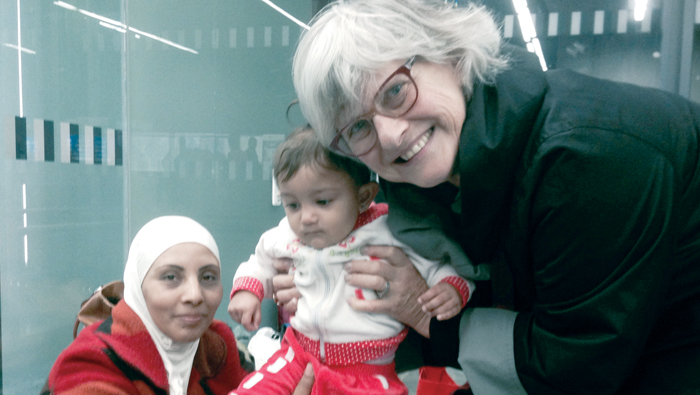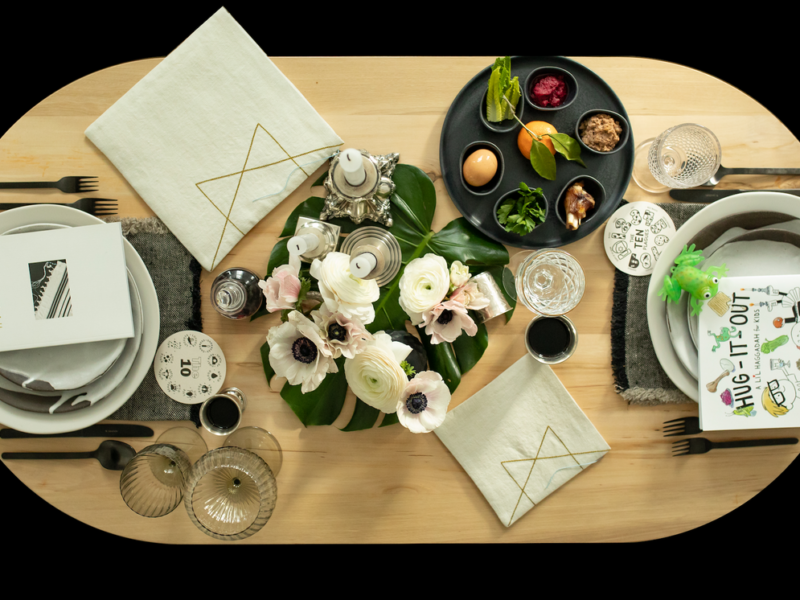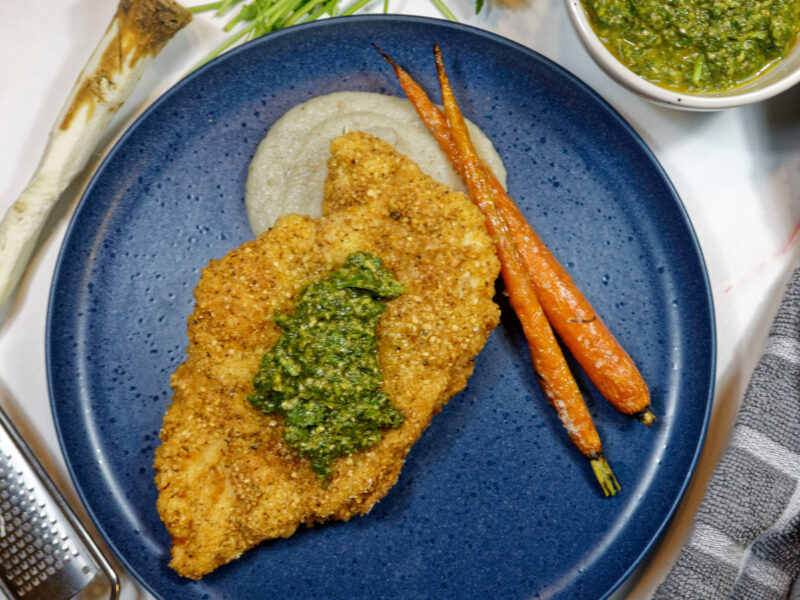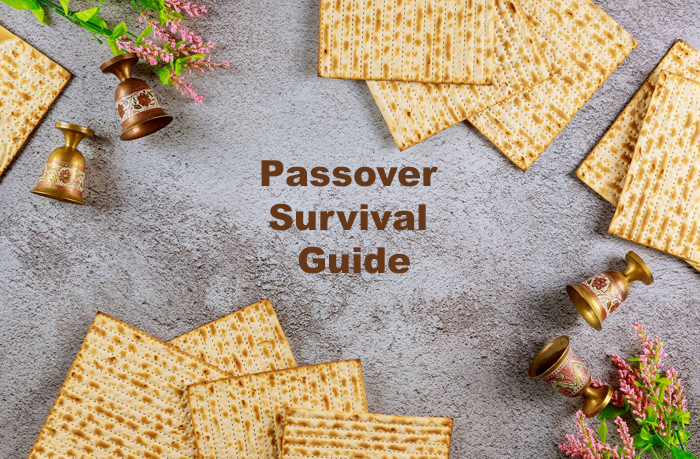
As we gather with family and friends around the seder table this Passover, the story we read in the Haggadah is as timely as today’s headlines.
The Haggadah presents the account of the Exodus: the deliverance of the ancient Israelites from bondage in Egypt. Currently, a modern-day exodus is taking place throughout the Middle East and Europe. Refugees fleeing the horrors of the Syrian Civil War and the terrorist group ISIS (which has thrived amidst the chaos of war) have been streaming into Europe in search of safety, security and a chance at a better life. This mass migration is the largest since World War II.
What does Jewish law have to say regarding the treatment of refugees? What is our obligation to the immigrant or the stranger? Jewish texts (including the Torah, Talmud and Haggadah) all speak with one voice on this topic as they remind us on more than one occasion to “Remember the stranger, for you were strangers in the land of Egypt,” (Exodus 22:20 and Deuteronomy 10:19).
The Jewish people know all too well what it is like to be a stranger in a strange land. Since the destruction of the Second Temple in Jerusalem in 70 CE, we have been a wandering people, making our homes wherever we could find safe harbor. While the Jews living in the diaspora have flourished, they have historically been considered outsiders or “other” by the societies in which they settled. As kindred spirits, it is a moral imperative that we embrace the immigrant and the refugee.
During the course of our seder, we recall the story of the Israelite’s journey from slavery to freedom. In both the Mishnah Pesachim and in the Haggadah, it is written that Jews are to consider themselves as if they personally had been slaves. Each generation is required to imagine that they have escaped from bondage and slavery. By placing ourselves in the metaphorical shoes of the Hebrew slaves, we cultivate empathy and compassion for the suffering of others. The Jewish Coalition for Disaster Relief provides a coordinated Jewish response to humanitarian crises around the world. They have recently been helping Syrian refugees via Jordan. Jewish Federations of North America is a member of JCDR. You may contact Jewish Federation of Greater Portland at 503-245-6219 regarding a donation.
I recently had the opportunity to speak to an Oregonian who has been on the frontline in the battle against prejudice and discrimination against immigrants and refugees, U.S. Rep. Suzanne Bonamici (D-Ore.). I asked her about her decision to take Salma Ahmad, president of the Islamic Society of Greater Portland, as her guest to the State of the Union address in January.
“I’ve known Salma Ahmad for a few years, and she’s truly an amazing individual,” says the congresswoman. “Her work promotes understanding of the Muslim faith in Oregon, and she has made our community a more welcoming and peaceful place. Salma continues to inspire me, and I knew she would inspire others. It was an honor to have her in the nation’s capital for this historic event. Salma recognizes, like I do, that freedom of religion is one of the fundamental principles of our great country. By building bridges between people of diverse faiths, we can transcend our differences and be an example of religious freedom and tolerance for the rest of the world.”
Congresswoman Bonamici is a member of Congregation Beth Israel in Portland, where she attends services with family. As a member of the Jewish community, I asked her if she believes that embracing refugees and immigrants is consistent with Jewish values?
“Embracing refugees is consistent with values in Judaism, but it’s also part of our country’s history and values,” she says. “Jewish values would not tolerate leaving the victims of terrorism to wander in hunger, seeking shelter from bullets and bombs; nor would the values of the United States and most, if not all, religions.”
The congresswoman recently met with the Immigrant and Refugee Community Organization and visited with immigrants from war-torn lands. “Visiting the Immigrant and Refugee Community Organization in Portland was moving and informative,” she says. “In the United States our diversity makes us stronger. With that strength we should summon our collective humanity and provide a place for refugees, many of whom are women and children, fleeing war and terrorism. IRCO helps the newest members of our communities become self-sufficient, healthy and comfortable in their new country. The congresswoman’s words inspired me, and I hope you feel the same. If you truly believe that the words etched on the pedestal of the Statue of Liberty – “Give me your tired, your poor, your huddled masses yearning to breathe free, the wretched refuse of your teeming shore” – are more than just words, than speak your mind and make your voice heard. Do what you can to build bridges of understanding between disparate communities by participating in interfaith events.
As President Obama said in a 2014 address to the nation, “My fellow Americans, we are and always will be a nation of immigrants. We were strangers once, too.”





